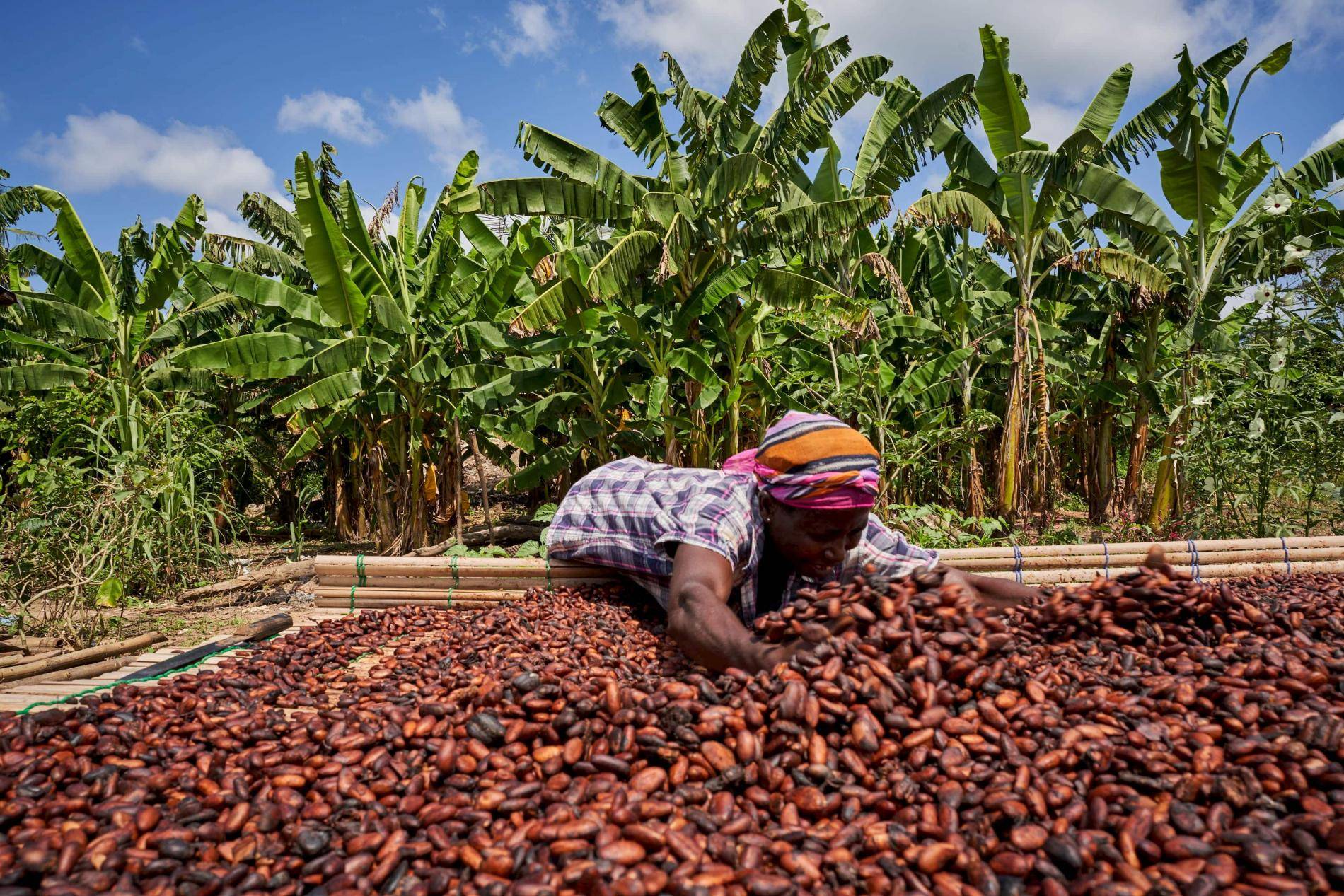
Ghana is taking proactive steps to comply with the European Union’s (EU) upcoming law banning the import of commodities linked to deforestation.
The country has successfully piloted a system that traces cocoa beans from farm to port, a crucial measure to meet the EU’s stringent requirements.
The EU law, which takes effect at the end of December, requires importers of various commodities, including coffee, cocoa, soy, palm, timber, beef, and rubber, to prove their supply chains are not contributing to deforestation.
Failure to comply could result in fines of up to 4% of their turnover.
Ghana, a major cocoa producer with approximately 60% of its exports going to the EU, recognizes the importance of complying with the law.
The industry employs a significant portion of the country’s workforce, making it essential to maintain access to the EU market.
To ensure compliance, Ghana has implemented a polygon-mapping system that tracks cocoa production and established an end-to-end traceability system.
This is particularly crucial for smallholder farmers in remote areas who may face challenges in meeting the law’s requirements, such as providing geolocation coordinates to prove their farms are not located on deforested land.
While some commodity producers have expressed concerns about the EU law’s potential impact on vulnerable farmers, Ghana’s efforts demonstrate a commitment to sustainable practices and maintaining market access.
By implementing a robust traceability system, Ghana aims to secure a larger share of the EU market while contributing to global efforts to combat deforestation and climate change.
